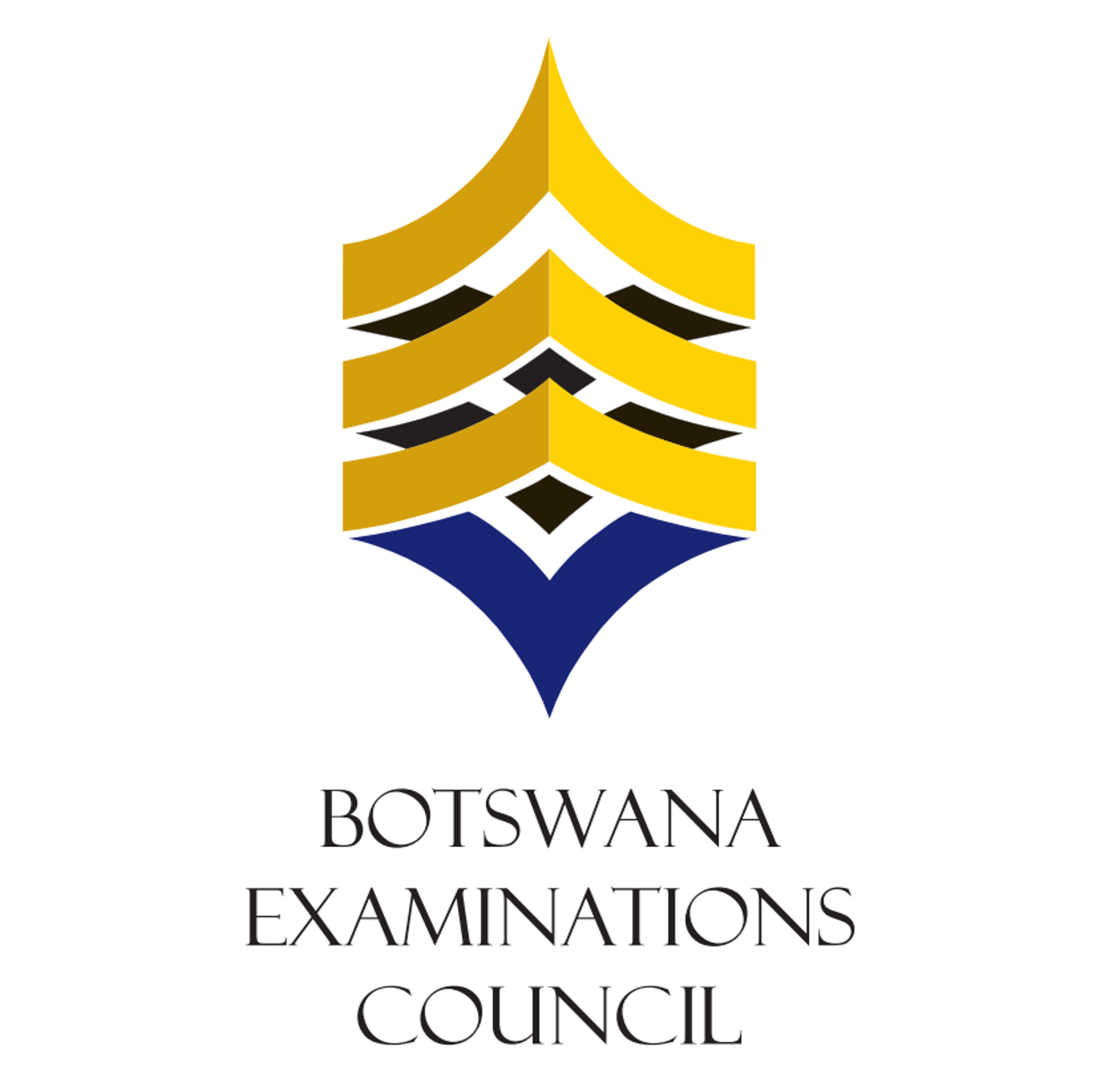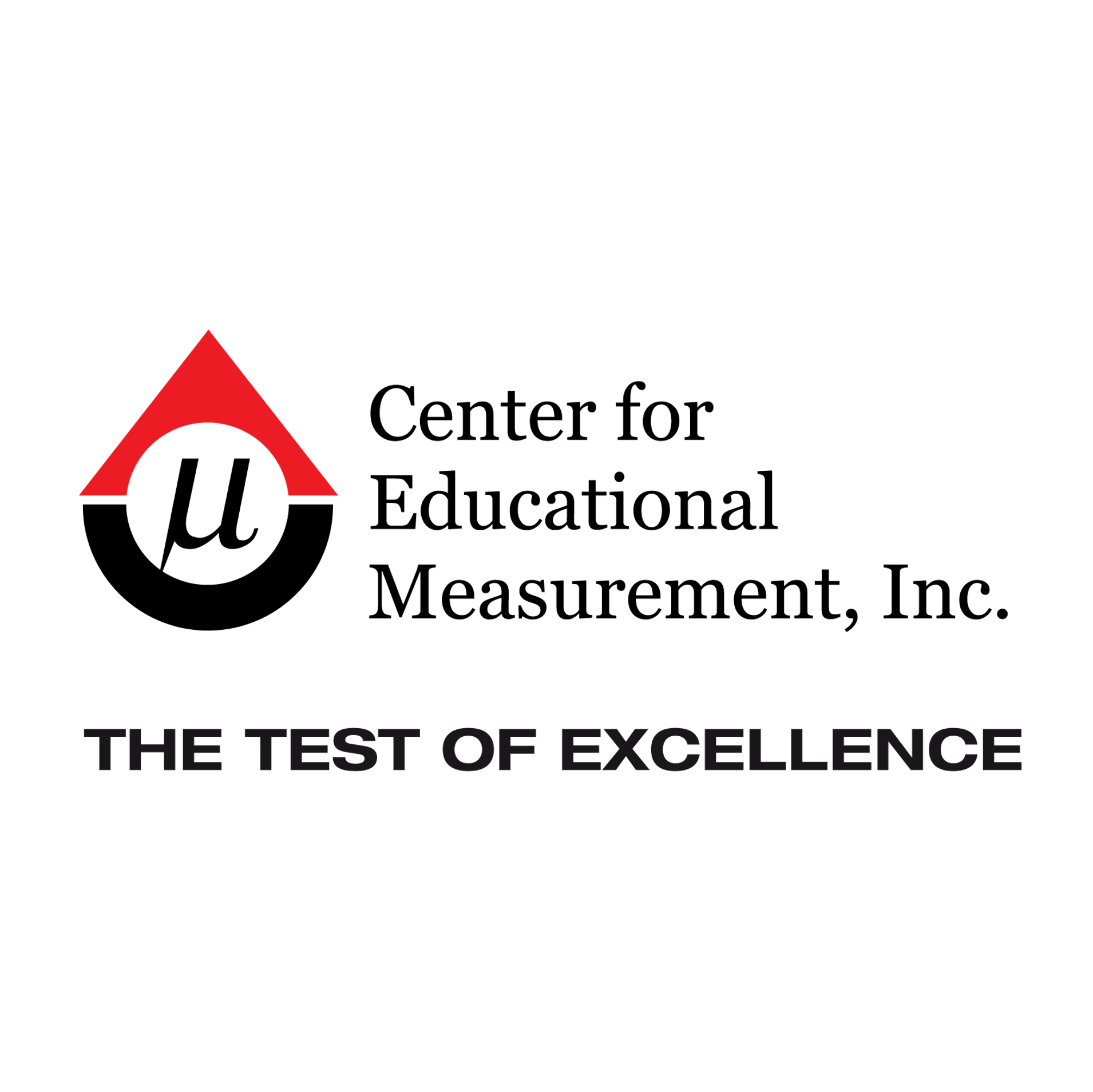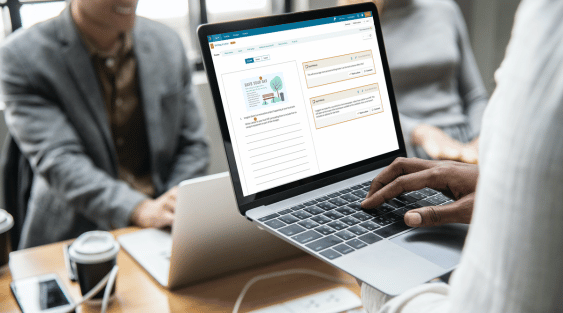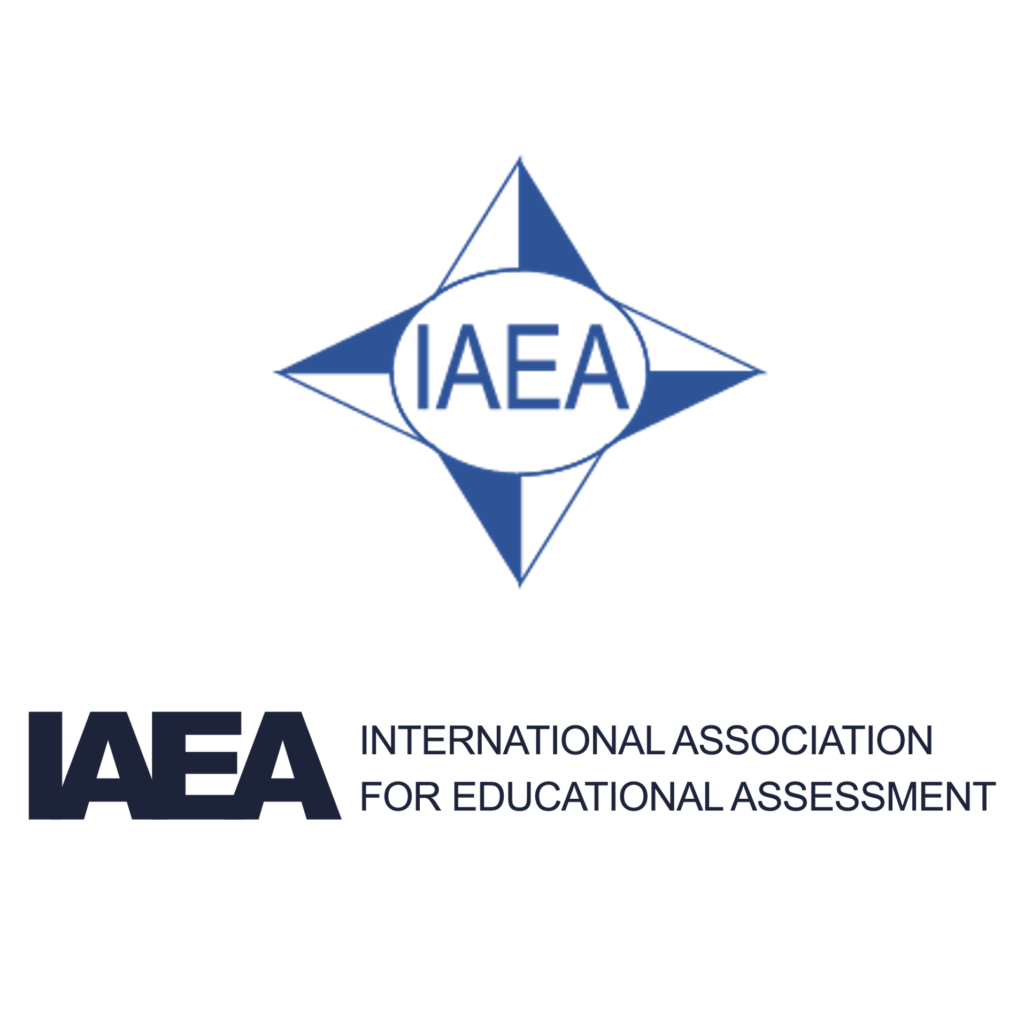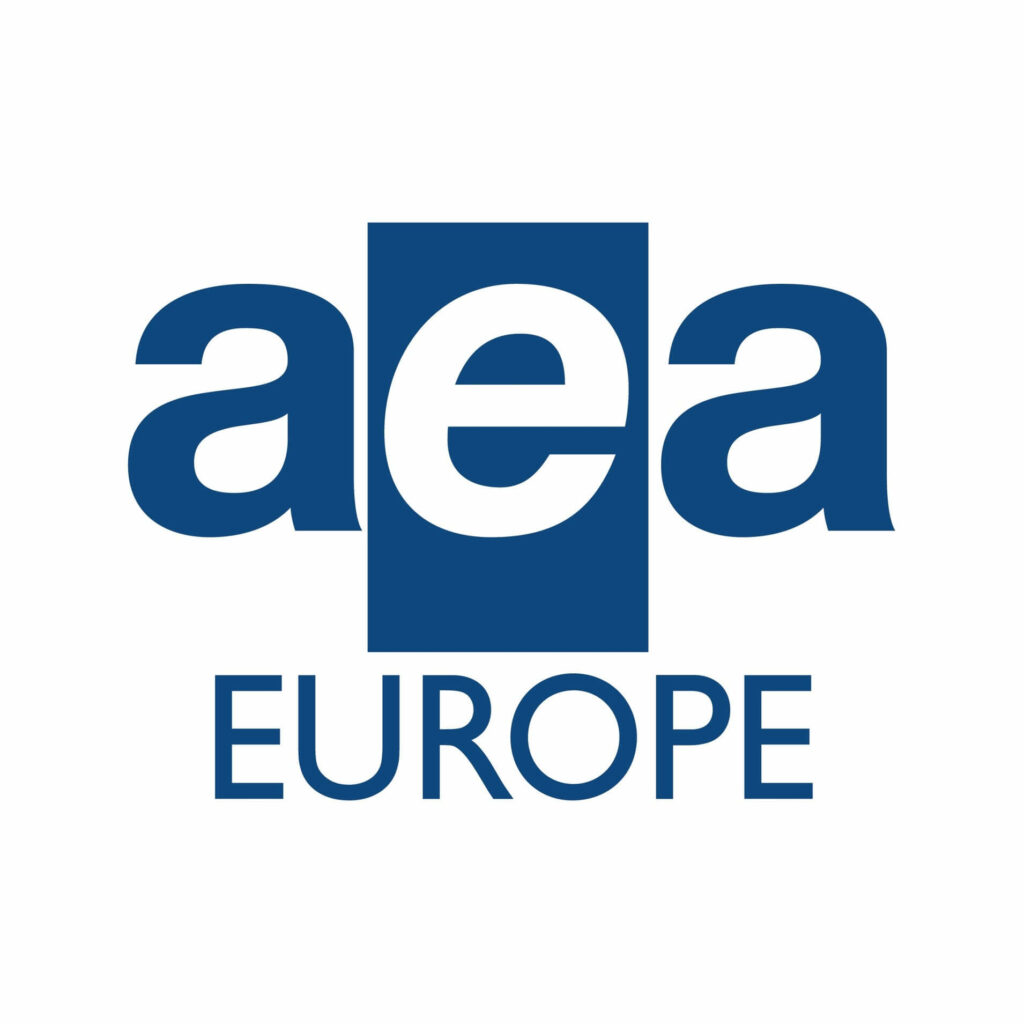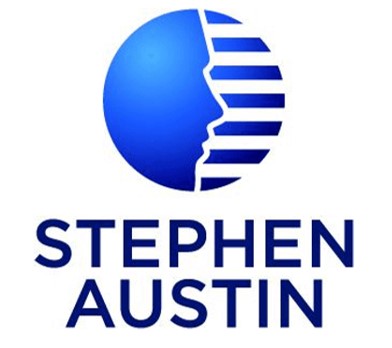What is decentralized authoring?
A decentralized authoring process uses an extended team of contributors working from different locations. This can include contracted authors and reviewers collaborating remotely, to create both items and tests. Implementing a decentralized authoring process can bring significant benefits to organisations and even reduce some of the risks associated with traditional authoring methods.
Why are awarding bodies decentralizing their authoring?
Until now, standard office software has been commonly used by awarding organisations to develop exams. Authors would, at every stage of the project, either have to meet up in person or share content back and forth with team members for reviews and revisions via emails. This is not only an inefficient process but also an arduous exercise, to keep track of team member’s comments and feedback across multiple versions of content. Given these constraints in recent years, many test developers have begun to adopt specialist exam authoring software that offers much more flexibility and facilitates collaboration.
As a result, they are seeing less need for teams to meet in person. The functionality available in specialist software allows for rigorous quality assurance, while also allowing contributors to undertake their tasks from home at convenient times.
Here are some of the most common benefits that awarding bodies are experiencing from adopting a decentralised authoring process:
Access to the Best Authors and Assessment Experts
Organisations that retain traditional authoring approaches, in which contributors must meet in person to write and review content, are potentially restricting their access to a wider talent pool of teachers and assessment experts.
Using an authoring tool that allows individuals to develop content collaboratively and remotely can improve efficiency, quality and user engagement.
Questions and papers created by a wider range of people allows the operation to benefit from more varied perspectives, backgrounds and knowledge, enhancing the quality and creativity of authored items. It also avoids the potential for ‘echo chambers’ to form, whereby like-minded individuals in the same organization end up ignoring information that doesn’t support their own opinions.
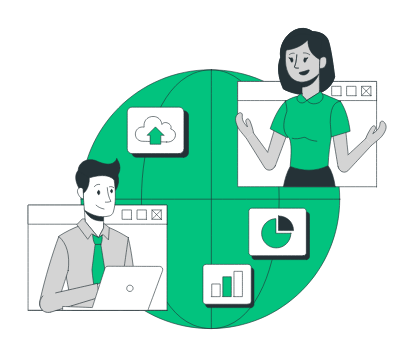
This can lead to highly repetitive items being produced year-on-year and can inhibit variety in content. Introducing external reviews can also help to make sure the questions can be understood by students from different backgrounds and the language or examples used don’t unfairly discriminate.
Increased Efficiency Resulting in Cost Savings
It’s a typical scenario for exam developers to assign a range of permissions and passwords to various files during the authoring process. This can bring with it a number of problems.
Firstly, it can be extremely time consuming to assign and revoke permissions to each file at the correct times. Less ‘tech-savvy’ contributors can also find this approach to be frustrating, presenting hurdles that prevent them from accessing and completing tasks on time.
These kinds of obstacles can be avoided by using cloud-based software. All workflows can be assigned and managed in one system, protected by a single login for each user with multi-factor authentication.
With an automated system like this, teams spend less time having to organize permissions and content, so they can be more productive and efficient.
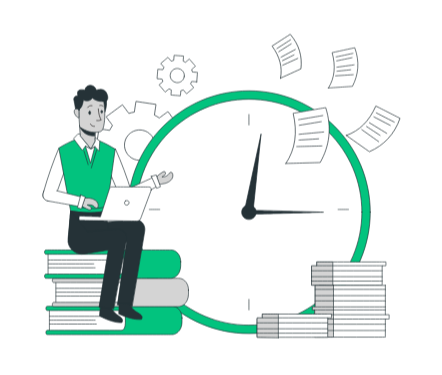
Less time spent mailing hard copy drafts, encrypting pen drives or trying to access files, allows for more time spent working to improve the quality of your assessments.
With authoring software like GradeMaker your authors and reviewers will always have instant access to the latest version of the items they are working on. Automated notifications and tracking tools enable content to progress through the review cycle faster, and user activity to be managed more easily. By using technology to manage workflow, contributors will only ever have access to their assigned content at the correct stage of the process.
Higher Levels of Security Around Content
It’s traditionally been the case that authors and reviews have testing materials saved locally during their work. This can result in crucial files being accessed by unauthorised individuals and puts exam integrity at risk, if anything was to happen to the associated hardware.
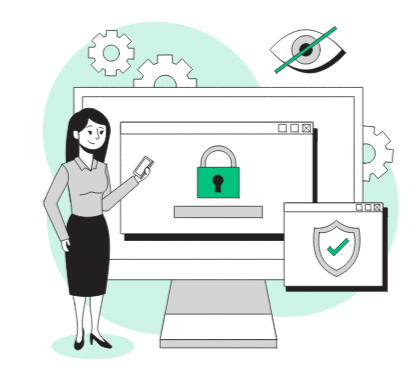
Many organisations are reluctant to share confidential content via email, understanding that it is not a secure channel for sending important documents and files.
Despite needing credentials to log in and access a mailbox, email is by default sent from server to server in clear text that can be read by anyone whilst in transit.
A commitment to security is one reason why awarding oragnisations have preferred on-site collaboration. Fortunately, specialist authoring software can enable organisations to author securely when contributors are remote, thanks to:
- Two-factor authentification (users must enter a code sent by text or web-app after successfully entering their login password)
- Tight permissions and workflow – so users can only access the granular tasks they have been assigned
- Audit tracking – see what your users did in the system, when and where, so you can take swift action in the event of a leak
- Item banking – make it impossible for users to know whether their content will be used in a test or predict which test it will be in
- Completely eliminating the use of hard copy materials (that can easily fall into the wrong hands) in the development process
- Completely eliminating the sharing of draft content by email or transferred onto unauthorised devices
Cloud-hosted systems like GradeMaker offer a place where all questions and papers can be managed, so that content doesn’t have to be shared via email and nothing is saved locally. GradeMaker undergoes independent security testing and is certified to ISO27001, to ensure your content has the highest levels of protection. To learn more about the benefits of cloud-based systems, check out our article here.
Flexibility for Contributors
Members of a decentralized authoring team only require a computer and an internet connection in order to be able to make contributions to papers and questions. Since no installation or software needs to be downloaded, the process of authoring and reviewing content is intuitive.
It is often the case that decentralized teams are actually more productive than teams that can only contribute to exam development on-site.
Take a scenario whereby someone in a centralized team had been assigned items to review and then that individual needed to take an extended period off work.
It may be difficult to re-assign these items internally due to the inflexible nature of the resourcing.

In contrast, items and papers in GradeMaker can be easily reassigned among a wider pool of remote reviewers, to ensure deadlines are met accordingly.
This also helps organisations to avoid stressful ‘peak’ periods when all the work has to be completed.
Instead, teams can contribute to a steady flow of individual items throughout the year, when they have time, rather than during a few weeks of intensive authoring.
Having the ability to adopt an item banking approach to assessment design, in which a larger number authors develop items to be stored in the bank for test assembly later on, also enables teams to start production cycles earlier.
Having a higher level of flexibility like this can directly benefit organisations in terms of both increased quality and efficiency.

Alongside this, authors and reviewers being able to complete their work from home reduces the costs associated with team members travelling to the office. Reducing this cost can also be a driver for increased contractor satisfaction and ultimately, higher productivity.
Find out more
We help some of the world’s largest awarding bodies to improve the quality, security and efficiency of their exam development process.
The GradeMaker team works to bring you the control and flexibility of a locally hosted system, but with all the benefits of a cloud-based environment.
Our Customers
